Smart and efficient evacuation
A sustainable waste-treatment using dehydration technology…
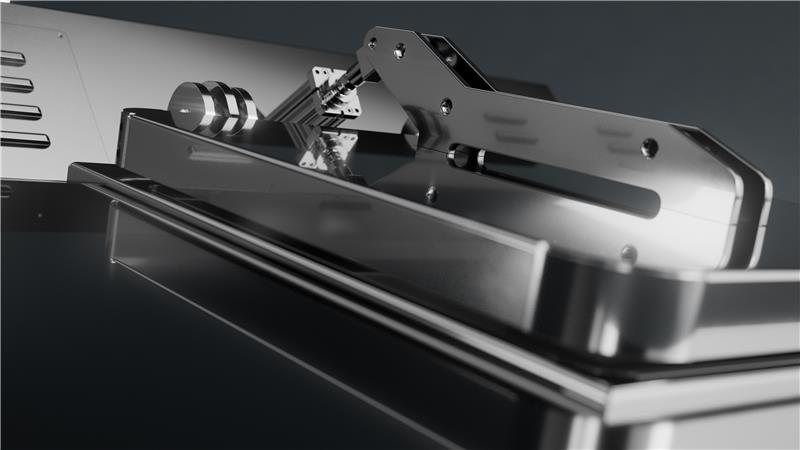
If you’ve ever had the time or inclination to consider the number of guests and crew on board and the amount of human waste generated daily following a consistent diet of high-quality food served throughout the summer months, the numbers are not insignificant. Let’s assume 12 guests on board for three months and maybe 20 crew members during the same period, each person generating approximately 200 grams of poop. 90 days, multiplied by 32 humans, generating 200+ grams per day minimum, equates to approximately 600–1,000kg of human waste; with luxurious food, constant intake plus energy-rich food for crew, the numbers may be even higher.
Managing this waste and keeping the tank levels balanced and planning the pump-outs ashore is not the engineer’s favourite item on his worklist. We recently received an interesting release from Evac, the well-known manufacture and innovator in waste-management and treatment technologies, that has launched the ‘Dehydro’ system, specifically engineered with superyachts in mind. As its name suggests, dehydration technology is applied, where the human wet waste is reduced by approximately 80 per cent through the dehydration process, transforming wet human waste into a sterile dry powder. This eliminates the need for additional treatment and simplifies offloading, making waste management easier and more cost effective through its compact design, which is suited to large yachts producing between 50 and 1,000kg of wet waste per day.
The Dehydro system makes on-board waste treatment viable for superyachts, reducing the need for overboard discharge or costly offloading. This significantly reduces waste volume, helping vessels meet increasingly stringent environmental standards and delivering a cost-effective solution. Many superyachts still rely on outdated, unsustainable waste-disposal options, requiring them to either discharge waste into the sea where permitted or transport it to land-based facilities, both of which have significant environmental and financial costs.
The launch of Dehydro also comes at a time of stricter regulations on waste disposal to protect marine ecosystems, underlining the need for more innovative waste-management solutions for superyachts that are more likely to operate closer to shore, where the environmental consequences of non-compliant waste discharge can be extremely serious.
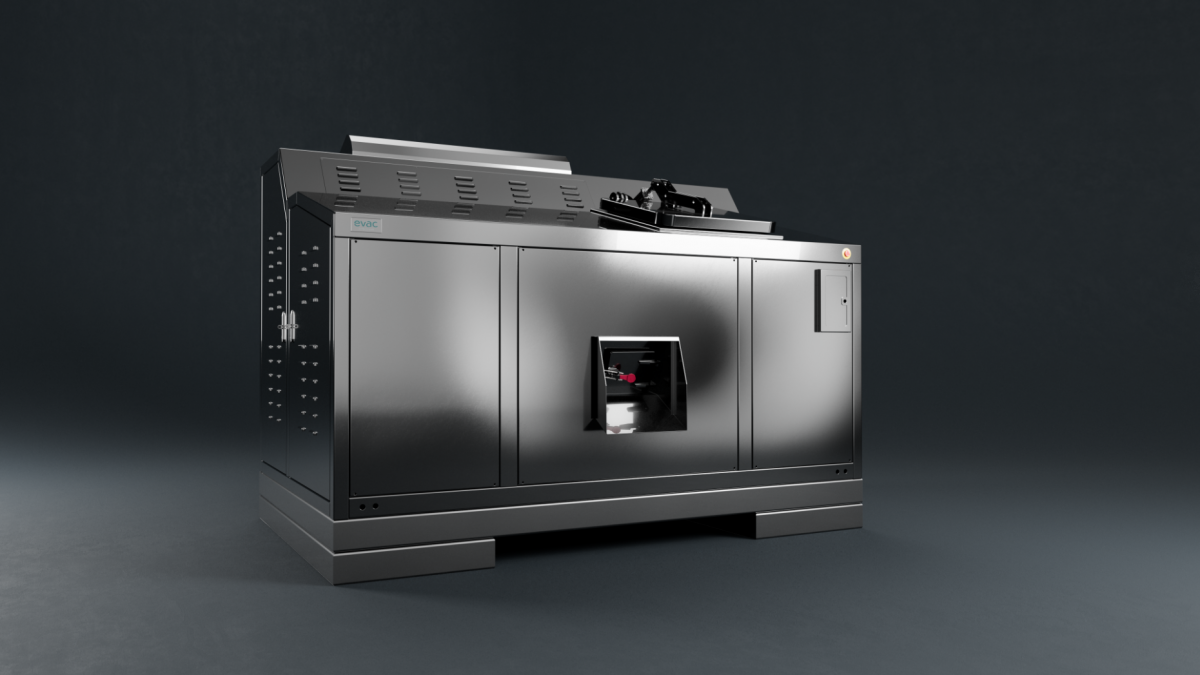
Björn Ullbro, CEO of Evac Group, comments, “Direct discharge of untreated waste poses a serious threat to aquatic life by depleting oxygen levels. Most on-board waste treatment systems require high volumes to be cost effective, leaving superyachts with limited options. With increasing regulatory pressures, captains and engineers are calling for more innovative and sustainable solutions to the challenge of on-board waste treatment and storage.”
Dehydro is a significant step toward helping superyachts meet evolving environmental standards, including compliance with MARPOL Annex IV and Annex V regulations, which govern sewage and garbage discharge, including food waste, from ships, as well as EU waste-management rules on port reception facilities, and other local and national regulations. There are also a growing number of special areas under MARPOL, which are subject to higher levels of protection from pollution risks, placing more stringent obligations on vessels in these locations, and recent IMO announcements have placed the Mediterranean clearly on their green radar.
As maritime regulations push for zero discharge, Evac Dehydro also reduces the emissions associated with the transportation of offloaded waste by up to 85 per cent compared to landfilling. With high-quality reject water requiring little treatment, it also helps to extend equipment life and ensures future compliance.
The new Evac Dehydro system incorporates a high-temperature drying process of up to 180°C to sterilise and dehydrate organic waste. The system also incorporates features such as embedded crushing technology and patented de-odorising methods to handle complex odours, generating a sterile, dry by-product.
This may not be the most palatable topic, but with the amount of wet waste generated on board it seems so logical that dehydration or desiccation is a logical and smart way to reduce the volume of discharge. I’m sure many engineers will find this technology very exciting.
Profile links
NEW: Sign up for SuperyachtNewsweek!
Get the latest weekly news, in-depth reports, intelligence, and strategic insights, delivered directly from The Superyacht Group's editors and market analysts.
Stay at the forefront of the superyacht industry with SuperyachtNewsweek
Click here to become part of The Superyacht Group community, and join us in our mission to make this industry accessible to all, and prosperous for the long-term. We are offering access to the superyacht industry’s most comprehensive and longstanding archive of business-critical information, as well as a comprehensive, real-time superyacht fleet database, for just £10 per month, because we are One Industry with One Mission. Sign up here.
Related news
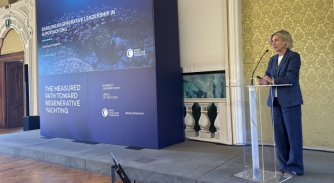
Water Revolution Foundation announces Roadmap 2050
Quantified environmental targets set for a yacht’s life cycle to reach net zero by 2050
Crew
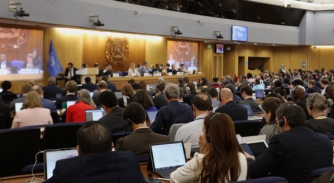
IMO sets new global net-zero shipping rules
The IMO’s new emissions framework targets shipping but the likely impact on superyachts in the future may be profound
Crew
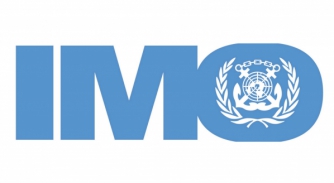
Having a seat at the table
Sustainability Editor Megan Hickling reports on the 82nd session of the Marine Environment Protection Committee, held 30 September to 4 October, 2024
Crew
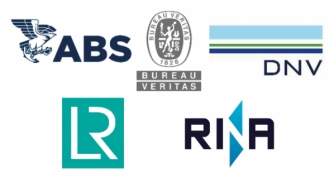
Class societies unite to form new environmental and safety consortium
New group collaboration announced to help improve the industry’s safety and environmental impact
Business
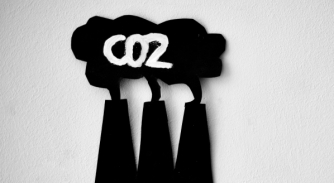
Scope 3 emissions – their challenges and potential solutions
As Scope 3 becomes critical to reporting and disclosure regulations, businesses must understand and manage these emissions to future-proof their business
Business
Related news
IMO sets new global net-zero shipping rules
2 months ago
Having a seat at the table
9 months ago
NEW: Sign up for
SuperyachtNewsweek!
Get the latest weekly news, in-depth reports, intelligence, and strategic insights, delivered directly from The Superyacht Group's editors and market analysts.
Stay at the forefront of the superyacht industry with SuperyachtNewsweek



